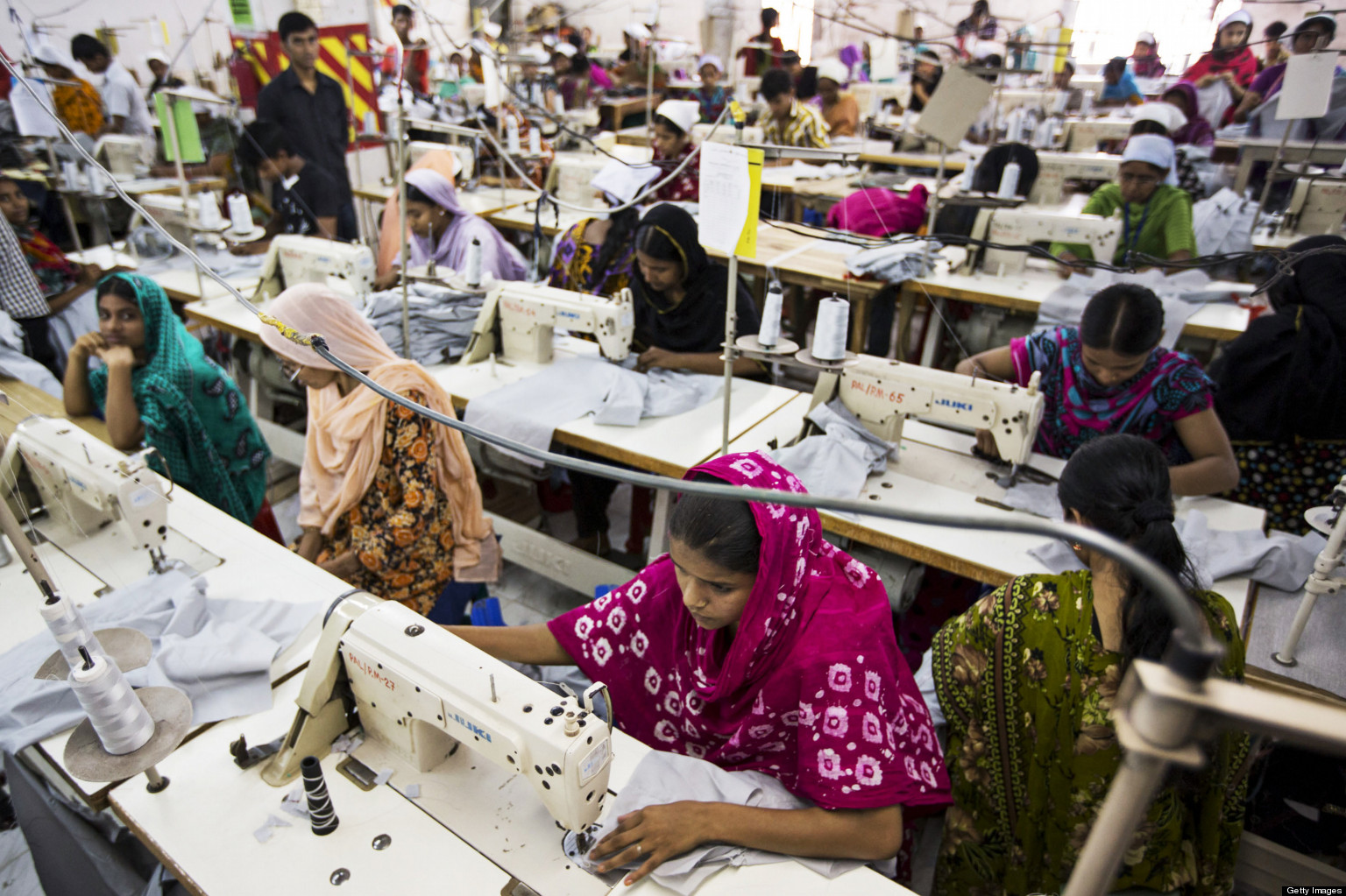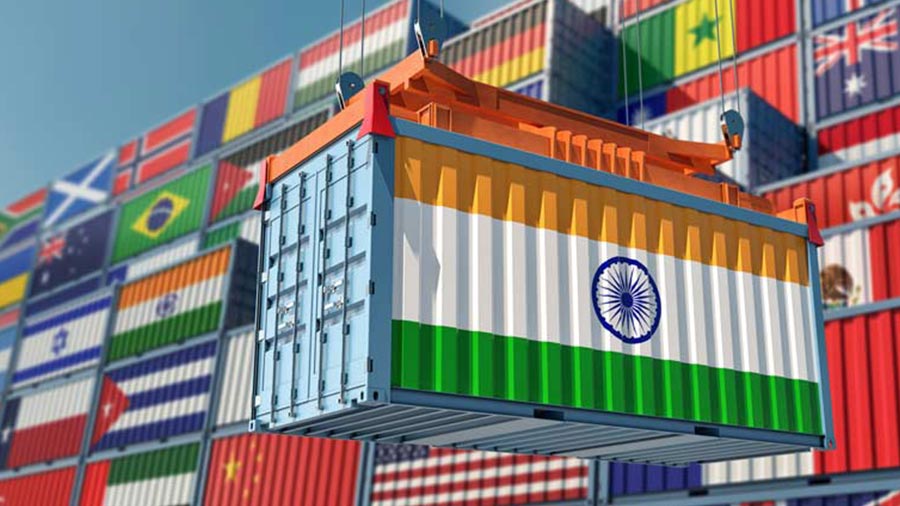 The entire world's attention was drawn to Bangladesh, after calamities like fire and building collapse claimed several lives in the RMG industry last year. The issue of lack of fire safety norms and compliance came to the fore with several labour organisations and well-known western brands importing from the country raising an alarm about labour safety. Now, other Asian countries like Pakistan, Sri Lanka, and Cambodia have woken up to deal with the challenges faced by their garment manufacturing industries.
The entire world's attention was drawn to Bangladesh, after calamities like fire and building collapse claimed several lives in the RMG industry last year. The issue of lack of fire safety norms and compliance came to the fore with several labour organisations and well-known western brands importing from the country raising an alarm about labour safety. Now, other Asian countries like Pakistan, Sri Lanka, and Cambodia have woken up to deal with the challenges faced by their garment manufacturing industries.
Especially issues in Cambodia where industrial disputes over working conditions in its  textile and clothing sector are being dealt with. The country's garment industry has been trying to improve its reputation for fair working conditions, in part due to the presence of Better Factories Cambodia, an International Labour Organization (ILO) programme that independently monitors factories. However, the collapse of two garment and a shoe factory that left three dead and dozens injured, raised concerns about the safety conditions.
textile and clothing sector are being dealt with. The country's garment industry has been trying to improve its reputation for fair working conditions, in part due to the presence of Better Factories Cambodia, an International Labour Organization (ILO) programme that independently monitors factories. However, the collapse of two garment and a shoe factory that left three dead and dozens injured, raised concerns about the safety conditions.
A Better Factories Cambodia survey conducted in July 2013 pointed out that no improvement has been made in areas including fire safety, child labour, and worker safety and health. The report warned that: "Cambodia's industry runs the risk of forfeiting the advantages that come from its reputation for decent working conditions." The group also published its first online transparency database in March, this year and has seen work happening towards improving compliance in the industry.
Pakistan happens to be another country where progress in compliance standards is not up to the mark. While demands and promises were made to implement safety regulations and industry standards in the garment industry following a September 2012 factory fire in Karachi that killed 258 workers, however, no major initiatives have been taken up so far.
Experts in Pakistan claim that lack of labour laws, corruption and the tendency to cut corners to secure bigger profits continue to plague the industry.
The West Pakistan Hazardous Occupation Rule 1963, authorised under the pre-independence Factories Act 1934, is the only comprehensive Pakistan legislation on factory health and safety.
Though Pakistan is signatory to the International Labour Organization's (ILO) Labour Inspection Convention, implementation of such laws has been an issue in the textile industry, which employs 38 per cent of the country's manufacturing workforce.
Sri Lanka has been ahead of its competitors in better establishing safety standards. The country’s national laws demand safe and healthy working conditions, environmental protection standards and acceptable hours of work since its independence. Sri Lanka's Shop and Office Employees Act No 19 of 1954 limits a normal day's work hours to eight and 45 for a week. The legislation also bans child labour across all sectors, including the garment industry, while the Factories Ordinance (No 45 of 1942) says all factories should maintain a safe and a healthy work environment. Sri Lanka has also ratified the Equal Remuneration Convention, 1951, of the International Labour Organization (ILO).
www.ilo.org












